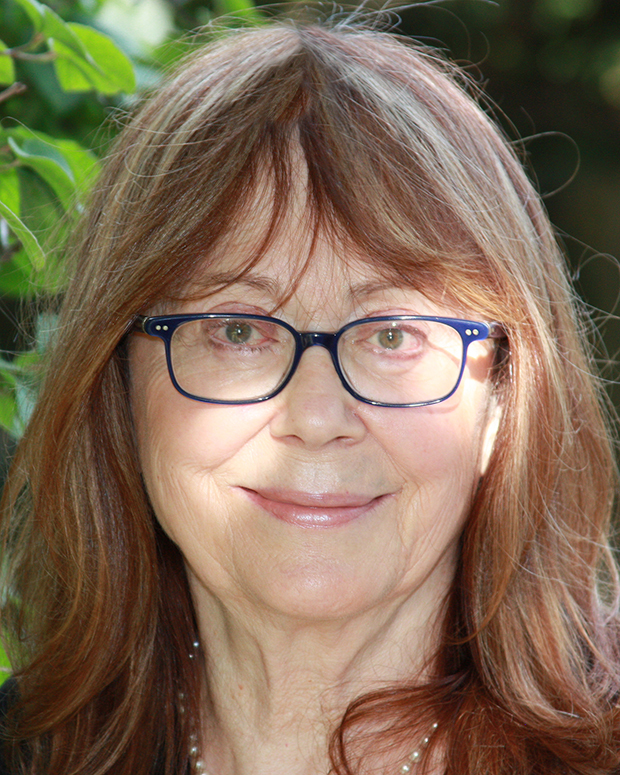Maria Tatar is thinking about darkness and light, the void of nighttime and crackling campfires, and the stories we tell ourselves and each other to make sense of it all.
“We are the storytelling animal,” said Tatar, emerita professor of Germanic languages and literatures and of folklore and mythology at Harvard. “That is how we got to rise, for better or for worse, to the top of the food chain. Stories have been a way of transmitting information, wisdom and ethics.”
Tatar will give her lecture, “Light in the Night Kitchen,” as part of Week Six’s theme, “After Dark: The World of Nighttime,” at 10:45 a.m. Wednesday, Aug. 3 in the Amphitheater.
When Tatar first heard the week’s theme, her mind spun off in a kaleidoscope of fruitful directions. She began by considering the near-universal childhood fear of the dark: a seemingly primal fear which speaks to our aversion to the unknown.

“And what is it that we have used to serve as a counterweight to that fear, but stories?” Tatar said.
The discovery of fire precipitated a twofold bulwark against the darkness. In a practical sense, fire illuminates the night, rendering the invisible and unknown recognizable. Sitting around a fire also created a context in which people began telling stories to one another, developing language and community.
“That’s going to be my entry point, the primal fear of the dark, and the antidote to that: light, fire and storytelling, all of which provide a patch of warmth and light, creating a contact zone for multiple generations,” Tatar said.
Tatar has been captivated by stories, particularly Grimms’ Fairy Tales, since she first learned to read.
The fields in which she researches and teaches — mythology, children’s literature, cultural studies — all coalesce inextricably. She thinks of these elements of her scholarship in terms of J.R.R. Tolkien’s conceptual Cauldron of Story, which is a proverbial pot of soup in which ingredients mingle, and also in terms of w Rushdie’s Sea of Stories project, wherein culture and mythology swirl in perpetual motion.
From her initial musings on light and dark, Tatar thought of the weighty cultural meanings embedded in those concepts.
“Light has become our conceptual metaphor for knowledge,” Tatar said. “If you think of the Enlightenment, and how when we talk about somebody who’s smart, we say they’re brilliant, or someone is a lucid speaker.”
In a similar vein, the theme of darkness and light prompted Tatar to think about race, and all the linguistic implications on the subject.
“That coding of light and dark affects our thinking about (race),” Tatar said. “It’s a profound, deep thought that affects our thinking about something that is only skin deep. That is, the whole question of black versus white, and the strange associations that our culture has constructed for both, with white signifying purity and innocence and virtue, and black signifying death, darkness, all kinds of evil things. The challenge for us is to figure out how to undo that binary.”
Tatar is interested in deconstructing dichotomies in general. Like storytelling, binaries and categories help us understand our world, but sometimes to our detriment.
“When we have these binaries, like black/white, dark/light, we always establish a hierarchy,” Tatar said. “One is superior to the other and one is inferior to the other. I think that our brains tend to operate that way, and we have to dismantle that way of thinking and start to see how you need both darkness and light. They enrich each other.”




